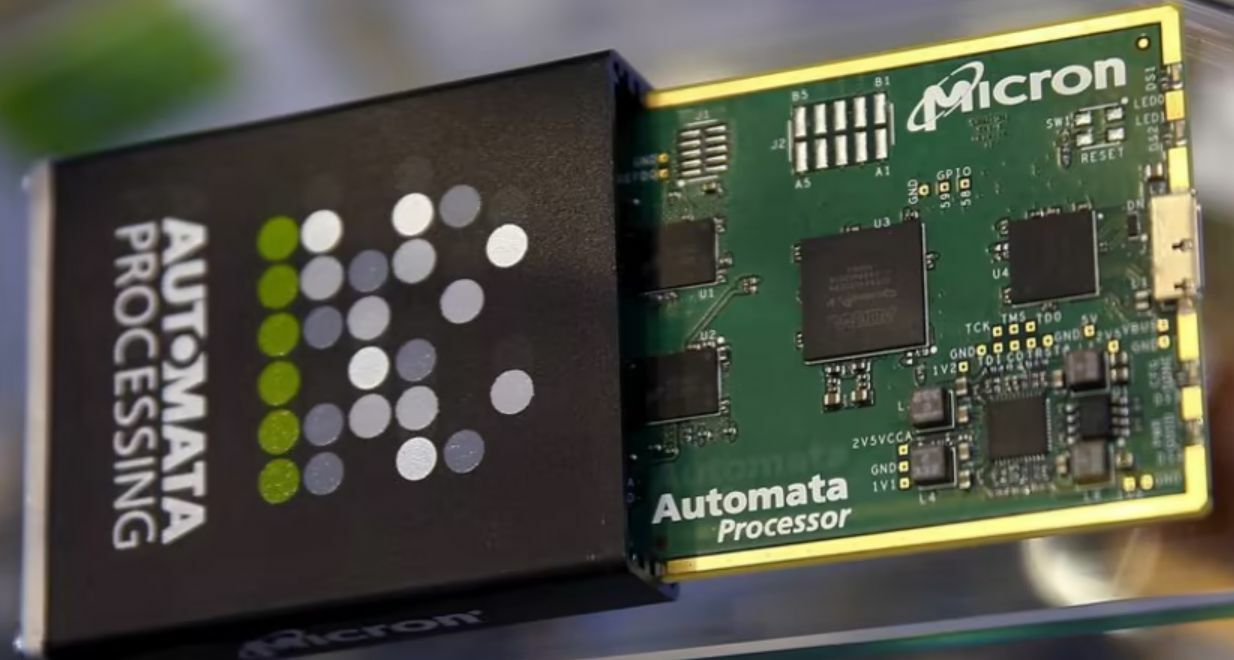China bans US Micron chips, escalating global chip industry risks

China’s recent ban on certain sectors using chips from United States-based Micron Technology has highlighted the potential risks faced by the global chip industry amidst rising Sino-US trade tensions.
The move against Micron, the largest US memory chipmaker, is widely perceived as retaliation for Washington’s attempts to limit Beijing’s access to crucial technology. This comes as the Group of Seven (G7) countries agreed to “de-risk, not decouple” from China and as the US pressures its allies to restrict chip equipment exports to the country.
Micron, a manufacturer of DRAM and NAND flash memory chips, is the first US chipmaker to be targeted by Beijing following Washington’s introduction of export controls over the past year to prevent certain chips and chipmaking technologies from being used to advance China’s military capabilities. While this may benefit Micron’s main competitors, South Korea’s Samsung Electronics and SK Hynix, in the short term, analysts warn that the escalating geopolitical tensions could cast a shadow over the entire industry. Companies must navigate increasing uncertainties that could affect investment and supply chain management.
Kim Sun-woo, an analyst at Meritz Securities in Seoul, said…
“Companies have to address both production and sales. It would be better if production and sales happened in the same place, but this will keep dividing the two sides.”
Prior to the ban, Micron announced plans to invest up to 500 billion yen (US$3.7 billion) in Japan in extreme ultraviolet technology, becoming the first chipmaker to introduce advanced chipmaking technology to the country. Tokyo is making efforts to revitalise its chip sector, while the US is increasingly urging its allies to collaborate in countering China’s chips and advanced technology development.
Micron, which generated around 11% of its revenue from chip sales in mainland China in the last fiscal year, stated that it looks forward to continuing discussions with Chinese authorities. However, the company did not comment on whether Beijing’s decision might also affect its investment plans for Japan in any way.
With other industry partners, we proudly announce the U.S.-Japan University Partnership for Workforce Advancement and Research & Development in Semiconductors (UPWARDS) for the Future, aimed at cultivating a robust & highly-skilled #semiconductor workforce for the two countries. pic.twitter.com/Bpfn7bfLFc
— Micron Technology (@MicronTech) May 21, 2023
Changhan Lee, vice chair of the Korea Semiconductor Industry Association, said…
“In the long term, this won’t help anybody.”
The chip industry is one of the most capital-intensive manufacturing sectors, requiring the construction of clean rooms and the purchase of advanced chip manufacturing tools. Samsung, for example, spent a total of about 60 trillion won (US$45.4 billion) to build two of its chip plants in Pyeongtaek, South Korea.
In China, Samsung and SK Hynix, the world’s No.1 and No.2 memory chipmakers, have invested billions of dollars in their chip factories, which import some equipment such as etching machines from the United States. When Washington announced restrictions on chipmaking exports to China last October, it issued a one-year waiver for Samsung and SK Hynix so they can import tools without having to apply for a license. However, whether that waiver will be extended is unclear. Kim at Meritz said…
“It’s better to set up the most efficient production base considering fixed costs and wages, but a big variable called regulation has been added. It’s more complicated.”
Analysts recommend accepting the rounds of the Sino-US trade war as the status quo, while roundabout ways of importing memory chips may emerge in response to further geopolitical pressure, reports Channel News Asia.
Lee Min-hee, an analyst at BNK Investment & Securities, said…
“The US-China hegemony war is here to stay. Now it’s chips, later it will be rare earths, raw materials… This is going to continue.”
Latest Thailand News
Follow The Thaiger on Google News:


























